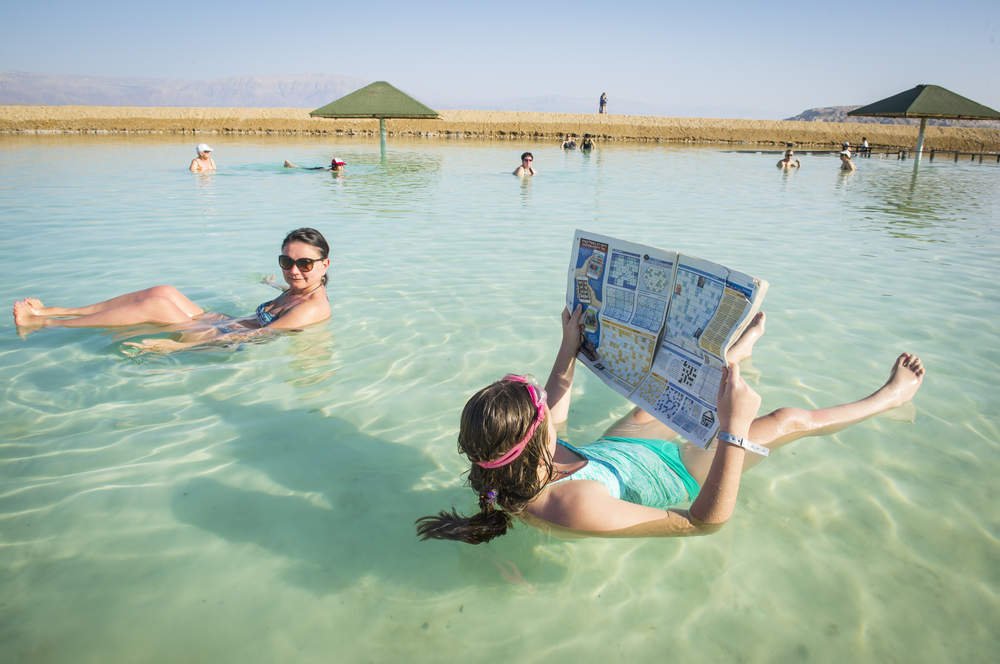US president Donald Trump has recognised Jerusalem as the capital of Israel and officially presented his plans to relocate the country’s US embassy from Tel Aviv.
The move jeopardises the latest peace efforts between the two states and is expected to trigger widespread unrest, putting the region’s tourism industry at risk.
The decision marks a reversal of seven decades of US foreign policy and goes against the United Nations consensus to remain neutral on the much-contested status of the city.
Despite warnings of protracted regional unrest over such a decision, this move is in line with Trump’s promise during his presidential campaign in 2016.
Whereas Israel welcomed the announcement of the relocation of the US embassy, Palestinians have responded by saying that Trump’s Jerusalem decision is the “biggest mistake of his life”.
Trump’s move has already sparked clashes between the two sides as Palestinian protesters in the West Bank, Gaza and Jerusalem took to the streets, with instability expected to spread further in the Middle East.

US Tariffs are shifting - will you react or anticipate?
Don’t let policy changes catch you off guard. Stay proactive with real-time data and expert analysis.
By GlobalDataThe relationship between Palestine and Israel is enormously volatile.
Yet, since the Silent Intifada in 2014 – a period that involved widespread unrest and severe clashes between Palestinians and Israelis – the region has seen relative peace and quiet.
This stability has been well-perceived by international visitors, resulting in surging tourism arrivals in both Palestine and Israel.
In particular, the United Nations World Tourism Organization included Palestine and Israel in its list of the top ten fastest growing destinations for 2017.
Palestine topped the list with an impressive 57.8 percent year-on-year growth, while arrivals in Israel grew by 25.1 percent during the same period.
During the Silent Intifada, nobody would have imagined that Palestine could be the fastest growing destination in the world, since increased instability was driving visitors away from the region.
Yet, the recent growth in tourism arrivals suggests that international travellers are interested in travelling and discovering the rich culture and history of the two destinations.
A growing trend among travellers – especially younger ones – shows that they prefer to visit both states in one trip.
Israel in particular has launched a Two Cities. One Break campaign, which encourages tourists to visit both Tel Aviv and Jerusalem – and has proved to be very successful.
Such initiatives could be undermined under the current circumstances.
The escalating turmoil as a result of Trump’s decision is expected to hit the industry, at least in the short-run.
In particular, with the leader of Hamas, Ismail Haniya, calling for a “day of rage” today, adding that it should “be the first day of the intifada against the occupier”; the increased perception of insecurity in the region will prevent many travellers from visiting the two states.
Unless the Palestinians protest through diplomatic means against the US president’s latest move, violence will return to the region, potentially resulting in a massive blow to tourism – a highly promising industry, in which many locals, in both states, were putting their hopes.








